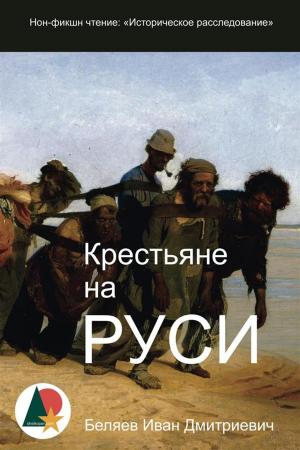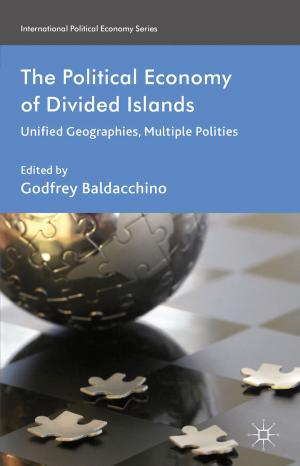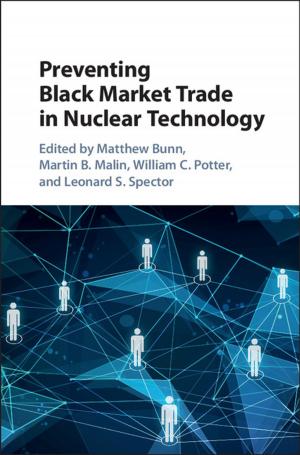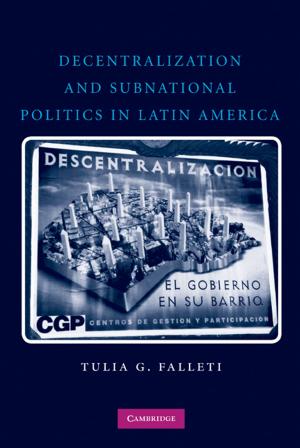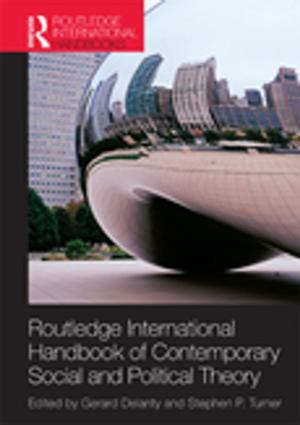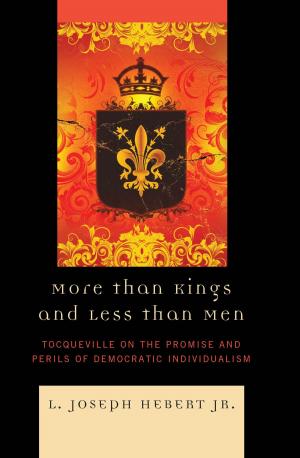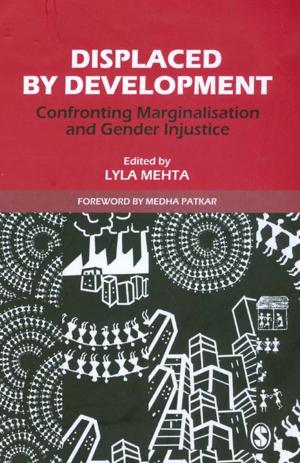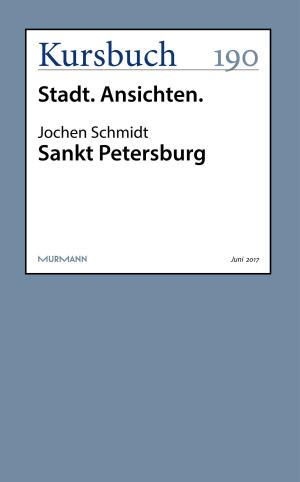Protecting Indigenous Knowledge and Heritage:
A Global Challenge
Nonfiction, Reference & Language, Law, International, Social & Cultural Studies, Social Science, Cultural Studies, Customs & Traditions, Political Science| Author: | Marie Battiste, James (Sa'Ke'j) Youngblood Henderson | ISBN: | 9781895830576 |
| Publisher: | Purich Publishing Ltd. | Publication: | April 1, 2000 |
| Imprint: | Purich Publishing Ltd. | Language: | English |
| Author: | Marie Battiste, James (Sa'Ke'j) Youngblood Henderson |
| ISBN: | 9781895830576 |
| Publisher: | Purich Publishing Ltd. |
| Publication: | April 1, 2000 |
| Imprint: | Purich Publishing Ltd. |
| Language: | English |
Whether the approximately 500 million Indigenous peoples of the world live in Canada, the United States, Australia, India, Peru, or Russia, they have faced a similar fate at the hands of colonizing powers. That fate has included assaults on their language and culture, commercialization of their art, and use of their plant knowledge in the development of medicine, all without consent, acknowledgement or benefit to them. The authors paint a passionate picture of the devastation this assault has wrought on Indigenous peoples. They illustrate why current legal regimes are inadequate to protect Indigenous knowledge and put forward ideas for reform. The book looks at the issues from an international perspective and explores developments in various countries including Canada, the United States, Australia, New Zealand, and the work of the United Nations, as well as relevant international agreements. Some of the specific topics covered in this book include: Eurocentric views on what constitutes cultural and intellectual property; what constitutes Indigenous knowledge and who may use it; the importance of preserving Indigenous languages; the relationship between Indigenous languages and culture; how knowledge is transmitted in Indigenous communities; issues in performing arts and artwork; and proposals for creating a legal regime that will help revive and protect Indigenous knowledge and require consent for its use. This book received the 2000 Saskatchewan Book Award for First Peoples Publishing.
Whether the approximately 500 million Indigenous peoples of the world live in Canada, the United States, Australia, India, Peru, or Russia, they have faced a similar fate at the hands of colonizing powers. That fate has included assaults on their language and culture, commercialization of their art, and use of their plant knowledge in the development of medicine, all without consent, acknowledgement or benefit to them. The authors paint a passionate picture of the devastation this assault has wrought on Indigenous peoples. They illustrate why current legal regimes are inadequate to protect Indigenous knowledge and put forward ideas for reform. The book looks at the issues from an international perspective and explores developments in various countries including Canada, the United States, Australia, New Zealand, and the work of the United Nations, as well as relevant international agreements. Some of the specific topics covered in this book include: Eurocentric views on what constitutes cultural and intellectual property; what constitutes Indigenous knowledge and who may use it; the importance of preserving Indigenous languages; the relationship between Indigenous languages and culture; how knowledge is transmitted in Indigenous communities; issues in performing arts and artwork; and proposals for creating a legal regime that will help revive and protect Indigenous knowledge and require consent for its use. This book received the 2000 Saskatchewan Book Award for First Peoples Publishing.

